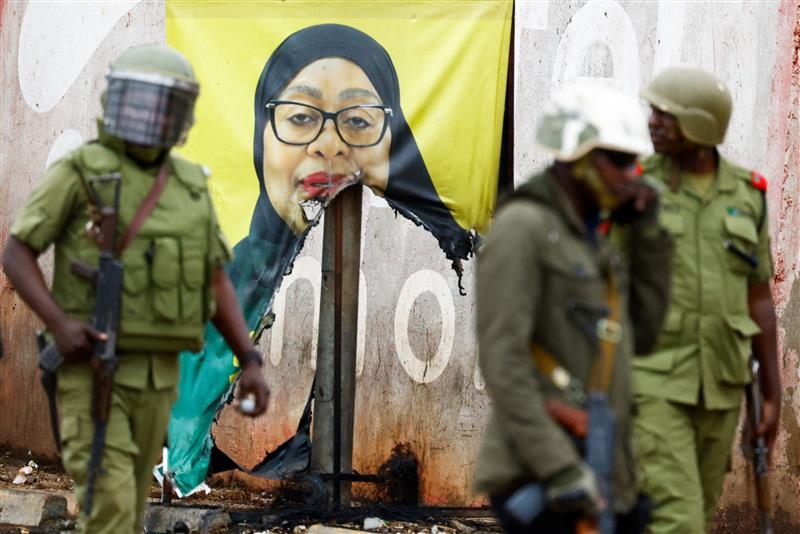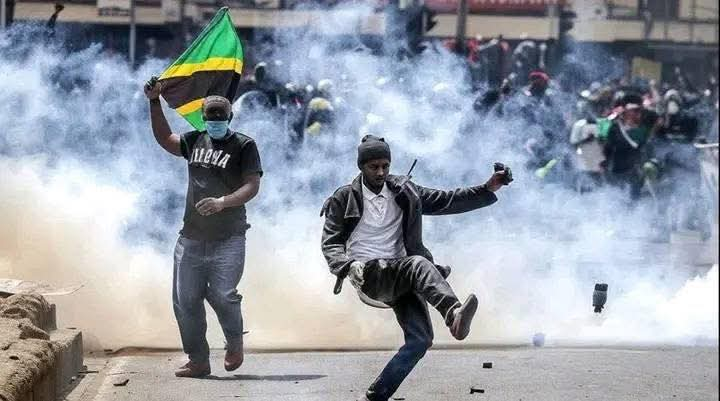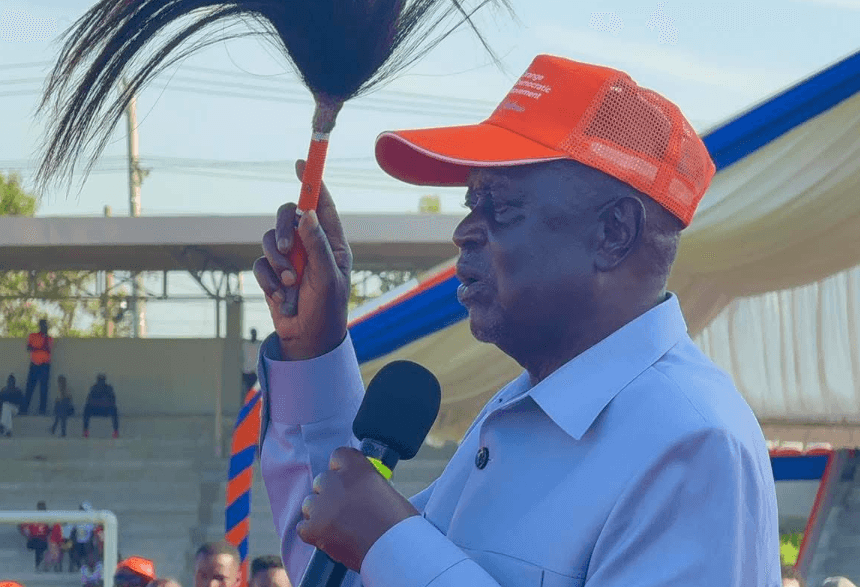

A pan-African Digital Rights and Inclusion organisation has vowed to file a lawsuit against the Tanzanian government for shutting down the internet during the just-concluded, controversial general election.
Paradigm Initiative announced on Wednesday that even though the move is already illegal, it will institute legal action to have a competent court of law declare the action of the Tanzanian authorities illegal and if possible, enforce sanctions against the individual official who may have authorised the action.
The country had also blocked access to various social media sites, including X and Facebook. The shutdown lasted five days.
After the inauguration of President Samia Suluhu, internet access was partially restored, with watchdog agencies such as Global Internet Observatory NetBlocks saying access to several social media and messaging platforms remains restricted.
During a virtual media briefing, PIN said its legal action will highlight the illegality of the Tanzanian authorities' action and the social and economic costs of it.
“Blocking access to the internet is a backward action that must not be encouraged. It creates an information black market that sustains fake new,s which is dangerous not only to the democratic health of the country and the region but also to the economic well-being of the citizens,” the lobby’s executive director Gbenga Sesan said.
The internet blockage also perpetuates the stereotype that Africa is “allergic to the democratic process”.
During the briefing, Thobekile Matimbe, the entity’s senior partnerships and engagement manager said as much as general connectivity to the internet has been restored, the six-day shutdown cost the nation’s economy more than $200 million (Tsh 560 billion) in direct losses to productivity, trade and digital services.
This is an affront to the freedom of expression and access to information as stipulated in Articles 9 and 19 of the African Charter on Human and Peoples’ Rights and the International Covenant on Civil and Political Rights, she said.
The move was also in blatant defiance of calls by the Net Rights Coalition and the African Commission on Human and Peoples’ Rights urging authorities to refrain from shutting down the internet.
The lobby asserted that Tanzania should be held accountable for violating its international commitments to upholding human rights, free communication and a democratic process that is above board.
“Defiance of regional mechanisms like the ACHPR which has disavowed internet shutdowns was illegal and needed action.”
The concerns come as a coalition of 26 continental human rights organisations and 31 activists levied accusations against organs of the African Union of weakening the continent’s democratic accountability and enabling the abuse of human rights and electoral justice.
The groups—including Kenya’s Legal and Ethical Issues Network on HIV and Aids and the International Commission of Jurists—singled out the African Commission on Human and Peoples’ Rights based in Banjul, Gambia, accusing it of failing to uphold its founding mandate.
They cited the commission’s recent letter of congratulations to Cameroon’s President Paul Biya, 92, who was re-elected in October to a seventh term after more than four decades in power, as a case in point.
According to the organisations, Biya’s re-election was marred by widespread human rights abuses, including the killing of protesters contesting the outcome.
The coalition also criticised the commission’s silence on Tanzania, where security forces were accused of atrocities against civilians amid a disputed re-election of Suluhu.



















